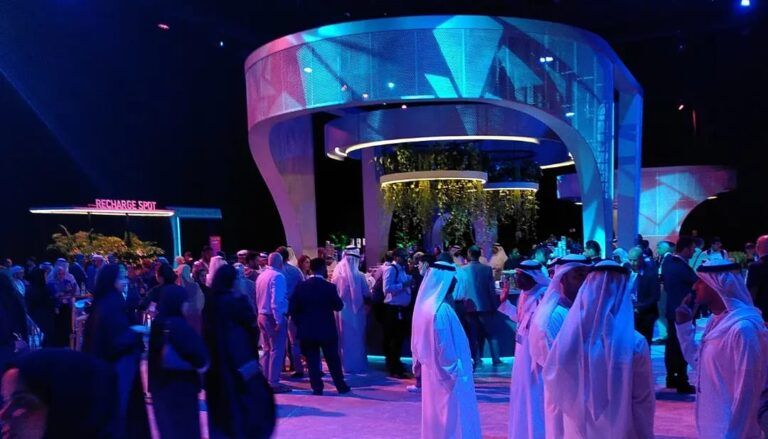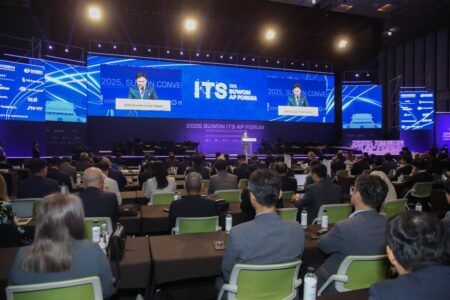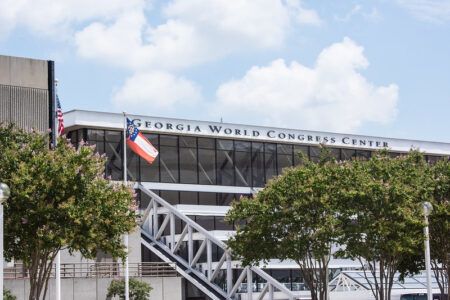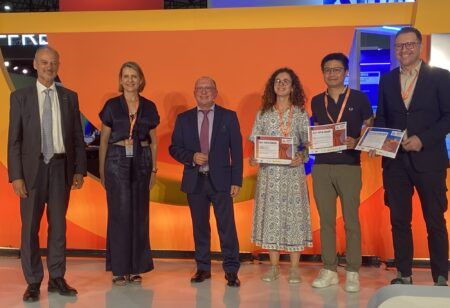Day two of ITS World Congress kicked off with a thought-provoking expert panel in the first plenary session of the event, discussing safe, trustworthy and resilient ecosystems in changing times. Particular concern was given to use-cases where lives hang in the balance.
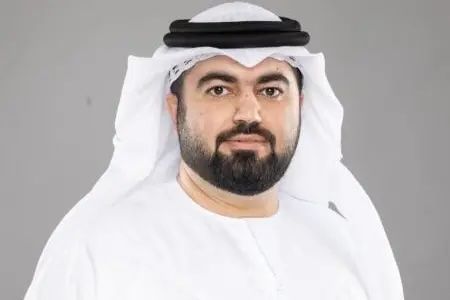
In the plenary titled Safe, Trustworthy and Resilient Mobility Ecosystems in Changing Times attention was given to issues and challenges in the host nation of this 30th ITS World Congress; the UAE. Abdulla al Marzouqi, representing Abu Dhabi Mobility and the Department of Municipalities and Transport (DMT) expressed enthusiasm for the dynamism in transport, but also mobility problems for the country.
“You will see that in the UAE the world is changing fast. On the one side you will that most cities are working very hard to increase growth, population, and at the same time create the stability to attract more investment to the city. But at the same time that creates new challenges; pollution, congestion. So we need to ensure that we foster growth while also reducing those problems that arise,” said Al Marzouqi.
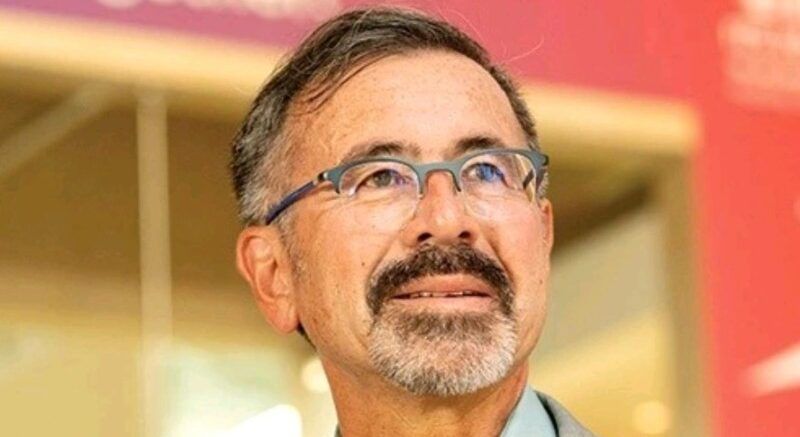
Meanwhile Jim Misener, of Qualcomm, highlighted how such challenges extend to connected vehicle systems, not just in UAE but around the world: “Consider evacuations and catastrophes, and the need for direct communication between emergency services and the transportation ecosystem,” he said. “We need to address the need for wide area response requirements, from resilient communication systems to satellite, and also the need for reliable coverage.”
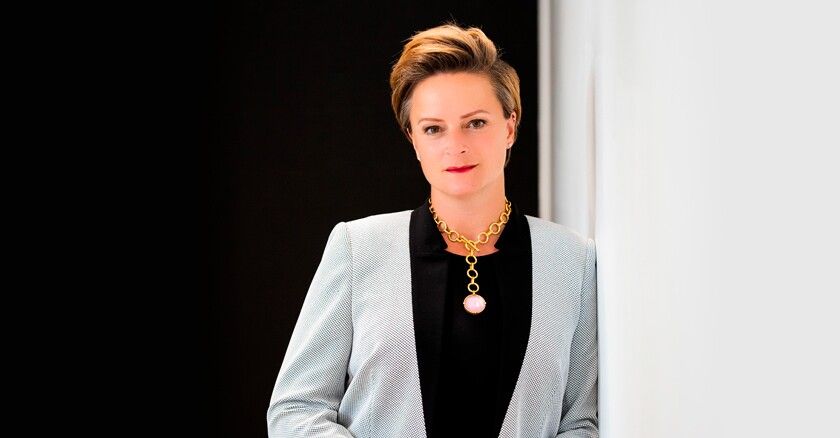
HNTB’s Senior VP, Joanna Pinkerton spoke about how novel approaches to traffic congestion prediction were being trialled, including groundbreaking experiments with drawing from social media to respond intelligently to crashes and congestion. “These are extraordinary times, and I truly believe that how we develop and deploy the technology has the potential to reimagine how we use our digital infrastructure,” said Pinkerton. “So I think now is the time to retool our thinking.”

Young Tay Kim Secretary-General of the International Transport Forum underlined the importance of the relationship between government and private companies in ITS. “I think the cooperation between the public and private sector is becoming more and more important, especially when it comes to uncertainty. And the level of technological development is so fast that we can’t really deal with it on a daily basis,” said Tay Kim.
The International Road Federation’s Susanna Zammataro added that in this relationship it is important to balance the cybersecurity needs of state actors with the more open operating basis of the private sector.


